Revolutionizing Sustainability: Caritas Hospital and GME’s Innovative STP
Sustainability has emerged as a main consideration in the healthcare sector as well. Caritas Hospital in Thellakom, Kerala, has taken a pioneering step in this direction. It has upgraded its Sewage Treatment Plant (STP) to 1 MLD capacity using Moving Bed Bio-Reactor (MBBR) Technology with ultrafiltration. This project is a great advancement in circular wastewater management within the healthcare sector. This also sets new standards for environmental responsibility in medical facilities across the region.
Hospital wastewater comes with many challenges due to its complex composition. The water may contain pharmaceuticals, disinfectants, and harmful biological materials. Without proper treatment, this wastewater can cause serious risks to public health and the environment. Recognizing these challenges, Caritas Hospital has taken eco-friendly wastewater solutions. They not only address immediate treatment needs but also contribute to wider sustainability goals. It was possible through resource conservation and pollution reduction.
The collaboration between Caritas Hospital and GME, Kerala's leading wastewater management company has been a great success. As an approved consultant of Kerala State Suchitwa Mission, GME is always proud to take such steps. Implementing advanced wastewater treatment technologies shows how hospitals can minimize their ecological footprint.
This innovative project is more than just an infrastructure upgrade. Through this approach to resource management, waste is transformed into a valuable resource. Through this, Caritas Hospital is addressing its wastewater management needs while contributing to water conservation efforts in Kerala.
Caritas Hospital's Wastewater Solution
Caritas Hospital's upgraded sewage treatment plant makes use of the Moving Bed Bio-Reactor (MBBR) technology. It is an advanced biological wastewater treatment process that plays a huge role in sustainable water management. This innovative technology utilizes specialized plastic carriers that provide an extensive surface area for beneficial bacteria to grow and form a biofilm. These microorganisms break down organic pollutants in the wastewater. This results in cleaner effluent.
The MBBR system offers many advantages that make it ideal for hospitals. Unlike traditional activated sludge processes, MBBR requires a smaller footprint while offering the best treatment. This feature is important for hospitals where available land is often limited and expensive. Apart from that, the system offers operational stability and maintains consistent performance even during fluctuations in wastewater volume and composition. This is common in hospitals where activity levels vary throughout the day and week.
The integration of ultrafiltration technology with the MBBR system at Caritas Hospital improves the treatment process. Ultrafiltration removes suspended solids, bacteria, viruses, and other pathogens from the treated water. This ensures a high-quality effluent. This combination of biological treatment (MBBR) and advanced filtration (ultrafiltration) creates a multi-barrier approach to wastewater treatment.
Environmental & Economic Benefits of the Upgraded STP
The revamping and upgrading of Caritas Hospital's STP to a 1 MLD capacity system offers many environmental benefits. By implementing this eco-friendly wastewater solution, the hospital reduces its ecological footprint through several mechanisms:
The advanced treatment process effectively removes pharmaceuticals, disinfectants, and other micropollutants that traditional systems might miss. This is important for preventing the release of antibiotics and other medications into the environment. Wastewater with these materials can contribute to antimicrobial resistance.
The system's design prioritizes energy efficiency. It reduces the carbon footprint that is linked with wastewater treatment. The overall system architecture minimizes pumping needs, resulting in lower energy consumption compared to traditional treatment methods.
Advanced wastewater treatment technology offers long-term benefits. While the initial installation requires capital investment, the operational advantages include:
- Reduced water procurement costs
- Lower discharge fees
- Decreased environmental compliance risks
- The system's design also focuses on minimizing sludge production, reducing disposal costs. This is a huge ongoing expense in wastewater treatment operations.
Apart from that, the upgraded STP makes water reuse possible within the hospital premises. The high-quality effluent produced through the MBBR and ultrafiltration process can be safely repurposed for non-potable applications such as landscape irrigation, cooling systems, and toilet flushing. This approach reduces the hospital's freshwater consumption, an important consideration in regions facing water scarcity challenges.
Implementing Circular Wastewater Management in Hospitals
This STP project at Caritas Hospital shows the practical application of circular wastewater management in the healthcare sector. Unlike traditional linear approaches where water is used once and discarded, circular water management views wastewater as a valuable resource. Water can be treated, recovered, and reused. This creates a closed-loop system that minimizes waste and makes the most of resource efficiency.
This water circularity management is mainly important in hospitals, which are traditionally resource-intensive operations. From patient care and surgical procedures to cleaning, laundry, and food services, hospitals consume large volumes of water for various purposes. By implementing advanced treatment systems, hospitals can reduce their environmental impact and save costs.
Modern wastewater treatment systems can be designed to capture biogas from the treatment process, which can be used to generate electricity or heat. While the current project focuses mainly on water treatment and reuse, the infrastructure can be the foundation for future energy recovery initiatives. Caritas Hospital has set an example for other medical facilities to follow.
Sustainable Water Solutions in Kerala
The implementation of the innovative STP project at Caritas Hospital was by Green Method Engineering (GME), a leading wastewater management company in Kerala. Founded in 2004 by a group of like-minded professionals, GME has established itself as a leader in implementing eco-friendly wastewater solutions across Kerala. As an approved consultant of Kerala State Suchitwa Mission, GME is a trusted name.
The successful implementation of the 1 MLD capacity STP at Caritas Hospital, Thellakom, shows GME's complete approach to project execution. From initial design consultancy to supply, erection, commissioning, and ongoing maintenance, GME provides top-notch solutions that address the different challenges faced by each facility.
The company's technical capabilities are led by a team of qualified professionals with industry experience and a good understanding of water management, water conservation, and engineering.
GME offers proven expertise and a track record of successful implementations across various sectors. Through projects like the Caritas Hospital STP upgrade, GME is not just providing infrastructure solutions but contributing to a sustainable future for Kerala.

More Blogs
-
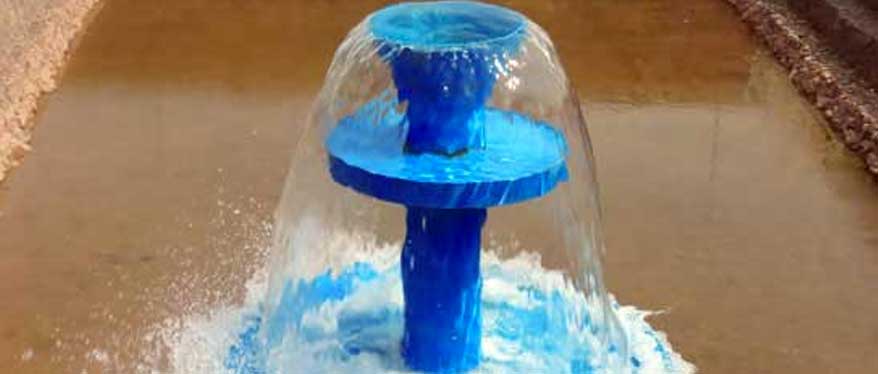
Sustainable Water Solutions through Wastewater Treatment and Recycling
India is home to about 16% of the world’s population while supporting only 4% of its water res..
-
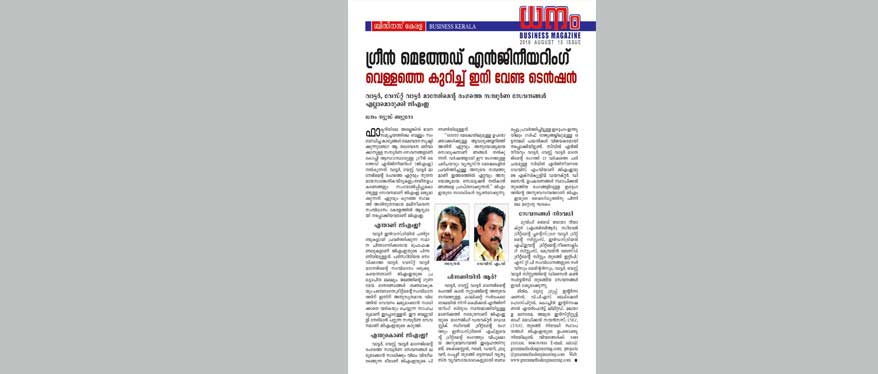
Dhanam Business Magazine
Green Method Engineering (GME) has been offering complete range of water and wastewater solution uti..
-
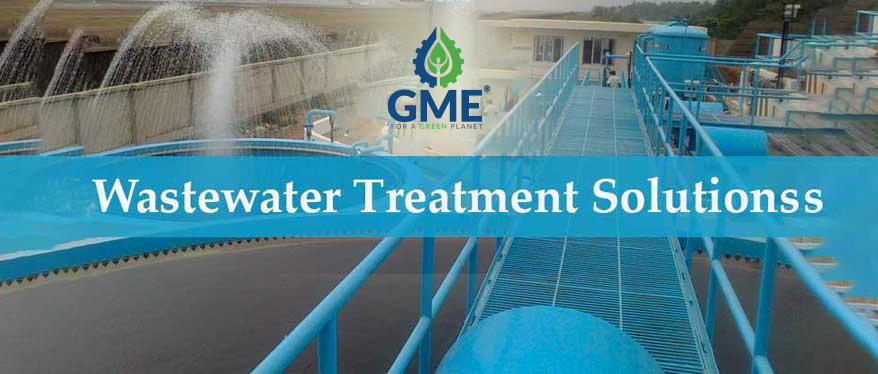
Wastewater Treatment Solutions widely used in India
When dealing with domestic waste or industrial waste, a single treatment solution of cannot almost c..
-
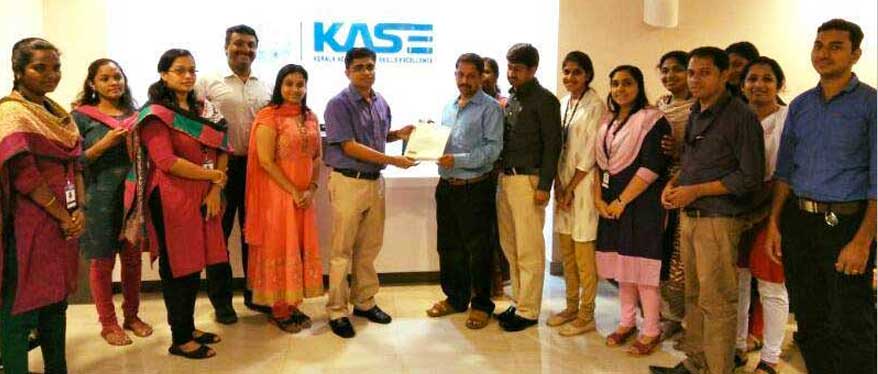
GME takes an initiative to introduce a new certification course for Wastewater Treatment Plant Operator
One of the renowned Wastewater management Company in Kochi, Kerala – Green Method En..
-
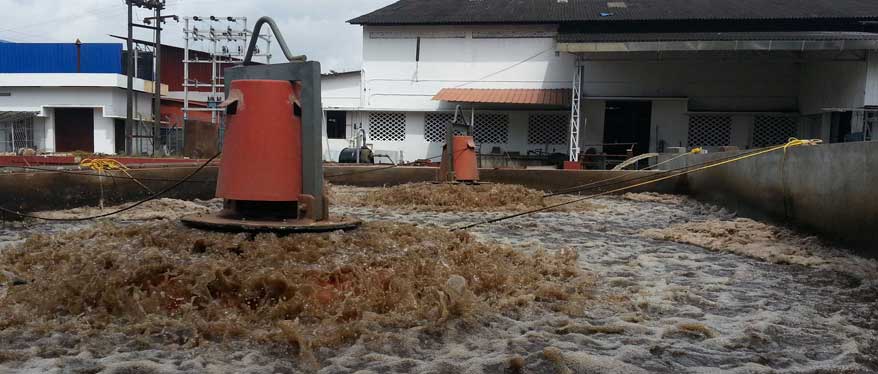
Water Pollution and Preventive measures to be taken
Water pollution is the major environmental issues seen nowadays. Water is contaminated with harmful ..
-
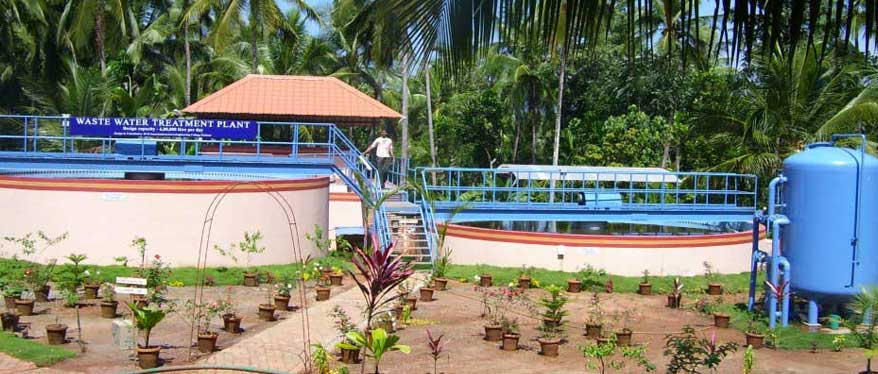
What to Look for in a Waste Water Treatment Company
If you are concerned about the quality of the water, you should be much relieved by now since techno..